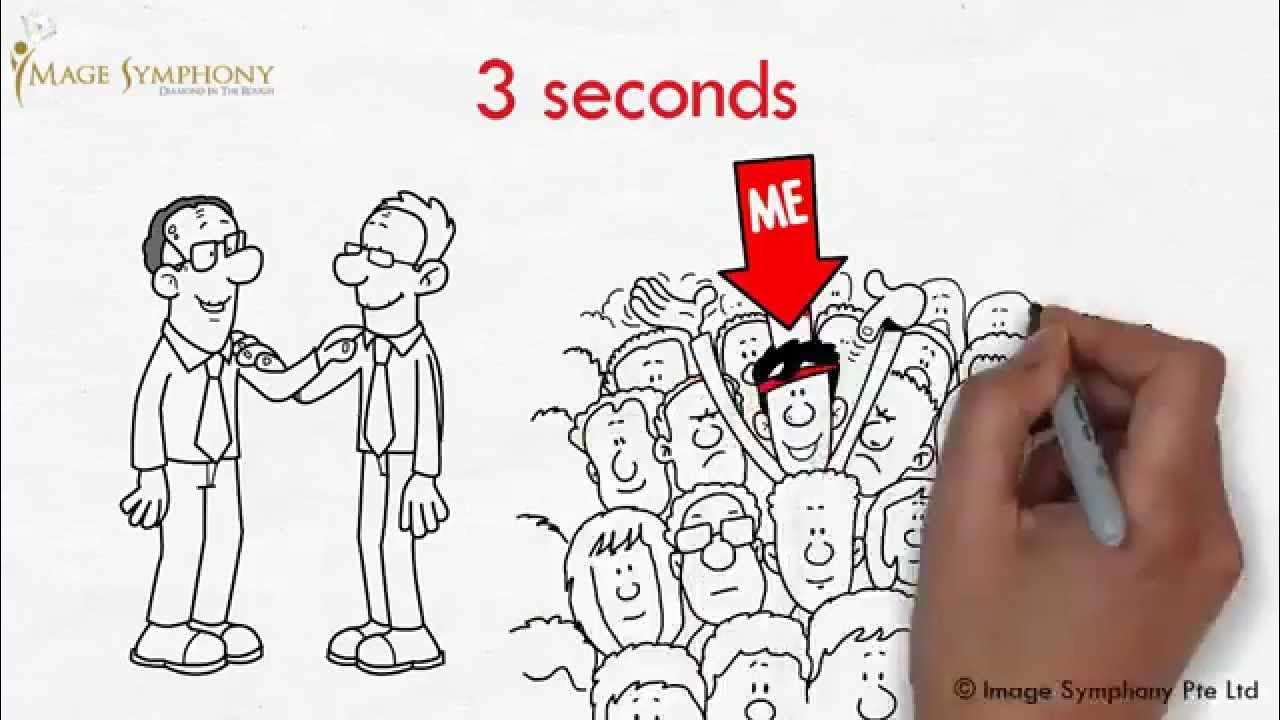The Ultimate Guide to Expert Interpersonal Skills
Summary
TLDRThis video emphasizes the importance of interpersonal skills, or 'people skills,' for career success across various roles. It outlines three key areas for development: verbal communication, nonverbal communication, and relationship management. The script encourages self-assessment and provides resources for improvement, suggesting that with practice, anyone can enhance their interpersonal intelligence (PQ). It concludes with an invitation to a science-backed soft skills training program for professionals.
Takeaways
- 😀 Interpersonal skills, also known as people skills or soft skills, are crucial for career success and are often overlooked.
- 🧠 High interpersonal intelligence, or high PQ, can be developed and is not solely dependent on innate abilities.
- 🗣️ Verbal communication is the first key bucket of interpersonal skills, focusing on effective communication with words.
- 🤔 Nonverbal communication, including body language and tone of voice, is the second bucket and is equally important in conveying messages.
- 🤝 Relationship management is the third bucket, emphasizing setting boundaries, expressing needs, and being socially assertive.
- 📊 Rating one's interpersonal skills on a scale of 1 to 5 can help identify areas for improvement.
- 🔍 Decoding nonverbal cues and controlling one's body language are key aspects of nonverbal communication.
- 💡 High emotional intelligence is necessary for managing relationships effectively, requiring empathy and authentic responses.
- 📚 There are resources available for improving each bucket of interpersonal skills, including guides and tutorials.
- 🚀 People School is a science-backed soft skills training program designed for high-achieving professionals to enhance their interpersonal skills.
Q & A
What are interpersonal skills?
-Interpersonal skills, also known as people skills or soft skills, refer to how well you communicate, interact, and relate to others. These skills are crucial for successful communication and relationship building.
Why are interpersonal skills important for career development?
-Interpersonal skills are essential for career development because they are critical for effective communication and relationship success, whether you're an entrepreneur, manager, or job seeker. They help you interact positively with others, which is vital for professional growth.
What are the three main categories of interpersonal skills mentioned in the video?
-The three main categories of interpersonal skills discussed are verbal communication, nonverbal communication, and relationship management.
How can verbal communication impact your interpersonal skills?
-Verbal communication affects interpersonal skills by determining how effectively you convey your thoughts and ideas through words. It involves knowing what to say and how to say it, helping you navigate situations like negotiations, interviews, and everyday conversations with confidence.
What does nonverbal communication encompass?
-Nonverbal communication includes body language, facial expressions, and voice tone. It represents the unspoken aspect of communication and is crucial for controlling your own cues and decoding others' cues.
How can one improve their nonverbal communication skills?
-To improve nonverbal communication skills, one can focus on using hand gestures, studying the body language of effective leaders, and learning to read facial expressions. These strategies help in better controlling and interpreting nonverbal cues.
What is relationship management in the context of interpersonal skills?
-Relationship management involves managing interpersonal relationships by setting boundaries, communicating needs, being socially assertive, and empathizing with others. It requires balancing your own needs with those of others.
How can someone assess their interpersonal skills?
-You can assess your interpersonal skills by rating yourself on a scale of 1 to 5 in three categories: verbal communication, nonverbal communication, and relationship management. Summing up these ratings gives an overall picture of your interpersonal skill level.
What steps can be taken if someone scores low in one of the interpersonal skill categories?
-If someone scores low in one of the categories, they should focus on improving that specific area by using targeted resources. For example, improving verbal communication might involve practicing how to talk to anyone, while nonverbal skills might be enhanced by learning key hand gestures.
What is 'People School,' and how can it help with interpersonal skills?
-People School is a science-backed soft skills training program designed for high-achieving professionals. It offers courses to help improve interpersonal skills and reach full potential. Joining the program can help individuals further develop their people skills and achieve greater career success.
Outlines

This section is available to paid users only. Please upgrade to access this part.
Upgrade NowMindmap

This section is available to paid users only. Please upgrade to access this part.
Upgrade NowKeywords

This section is available to paid users only. Please upgrade to access this part.
Upgrade NowHighlights

This section is available to paid users only. Please upgrade to access this part.
Upgrade NowTranscripts

This section is available to paid users only. Please upgrade to access this part.
Upgrade Now5.0 / 5 (0 votes)





